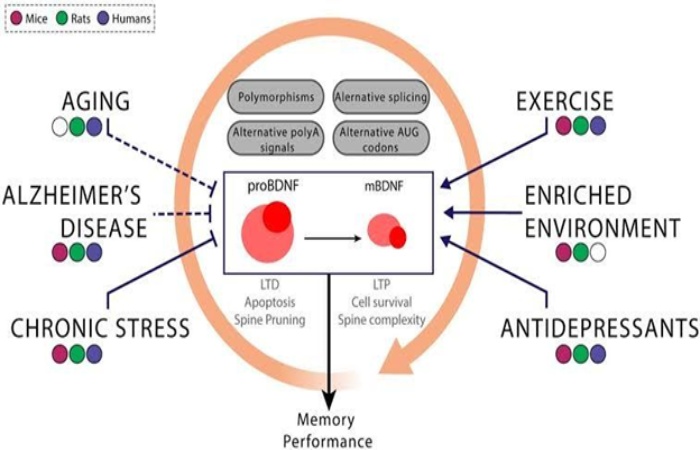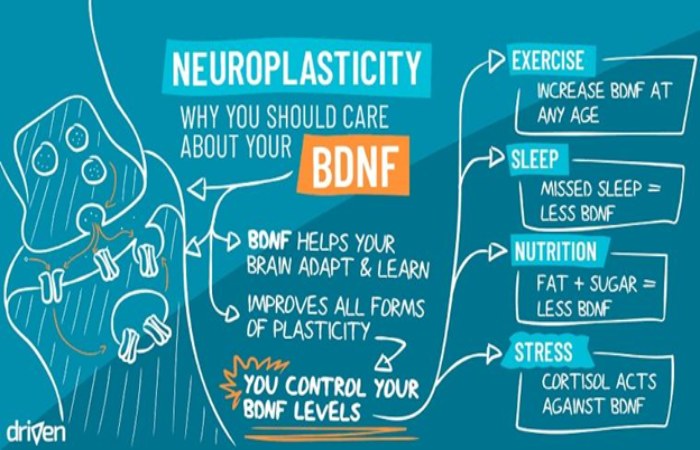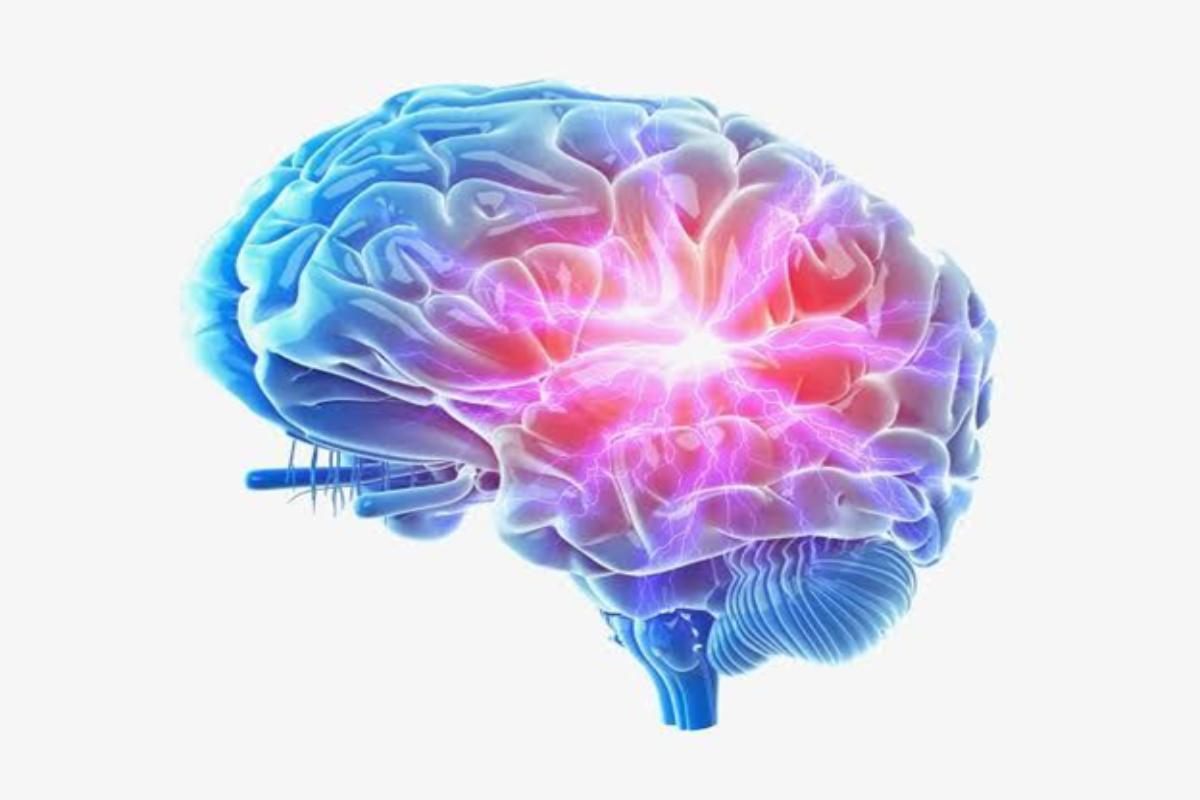According to www.bosterbio.com, the higher your BDNF, the better your brain’s functionality. Now BDNF may seem foreign to you, but the concept of BDNF is about to be demystified.
Table of Contents
What is BDNF?
Brain-Derived Neurotrophic Factor is one of the most active neurotrophins in the cortex, forebrain, and hippocampus part of the brain that helps with the stimulation and control of neurogenesis. Neurogenesis is the birth of new neurons in the brain. The three aforementioned areas of the brain where the BDNF is most active are areas responsible for advanced thinking, learning, and memory-related activities. This made researchers conclude that for the brain to be active even in old age, the BDNF levels must be at their appropriate levels. BDNF is also found in the motor neurons, saliva, retina, and prostate.
The presence of the appropriate quantity of BDNF has been found to be important for the process of neuroplasticity. During neuroplasticity, the nerve cells in the brain recover from injuries and are able to adapt to the new changes in its environment. Most times, the BDNF Elisa test can come in handy when checking for BDNF deficiency.
What is BDNF deficiency?

Brain-Derived Neurotrophic deficiency is a condition of reduced amounts of BDNF in the brain. For some reason, the BDNF may become deficient and can cause damage to the brain that may lead to certain mentally related challenges. Here are some of the reasons behind BDNF deficiency:
Causes of BDNF deficiency
Stress
One of the biggest inhibitors of BDNF is stress. We go about our daily activities, and at the end of each day, we get home tired. Every new day we are blasted with tiring work schedules, energy-sapping information, pollution, advertisements, and all sorts of activities that tax your body. Research has found out that at the end of each workday, a person’s BDNF level is greatly reduced.
Sugar intake
Eating sugar healthily is advised as consumption of sugar reduces the production of BDNF, and this can cause a decline in the cognitive abilities of humans. Do you love sugar and cannot do without it, you can use alternative sweeteners that are of plant origin in your food. If you are still struggling with your ‘sweet tooth,’ this is the best time to start that sugar-free food challenge.
Social Isolation
A link has been established between increased BDNF levels and having meaningful relations with people. A study done on a group of women who had romance in their lives was found to portray high levels of BDNF in these women. Social interactions help to stimulate the brain. However, social isolation may lead to depression, and this causes your BDNF to plummet.
Treatment of BDNF Deficiency

The best way to treat BDNF deficiency is to do things that will increase your BDNF. Here are some of the ways to effectively boost your BDNF levels:
Drink Coffee
Foods rich in polyphenols can do the magic of boosting your BDNF levels, and Coffee is one of those. Sometimes just a cup of coffee is all you need to brighten your morning and heal from BDNF deficiency. Coffee is made from coffee Arabica- a plant rich in polyphenols and antioxidants necessary for boosting BDNF levels. If you are not a fan of coffee, you can go ahead and enjoy other foods rich in polyphenols or omega-3 fatty acids. They include;
- Dark chocolate
- Fish
- Blueberries
- Extra-virgin olive oil
Go dancing
Dancing is one way to say goodbye to BDNF deficiency. Swaying your body to the rhythm of some cool music helps you do three things your body requires to boost your BDNF levels at once. They are:
- Exercise
- Keeping stress at bay
- Keeping a good mood, thereby staying away from depression
A breath of fresh air and Sunbathing
A 2012 study discovered that seasonal variations in the sunlight a group of about 2800 people got affected their BDNF levels. If that isn’t enough evidence, then nothing else can be. The importance of taking in quality air during exercises that are meant to boost your BDNF levels is often underrated. Get up every day and bask in the sun for about 10-20 minutes not only calms your nerves it also puts a bright smile on your face, and these are good for boosting BDNF levels.
Conclusion
Treating your BDNF deficiency is never a hard task. All you need is this knowledge above, a little more courage, and a shiny belt of consistency.






